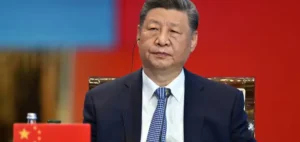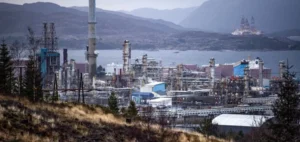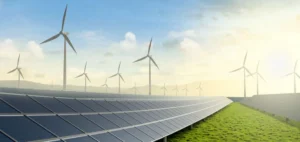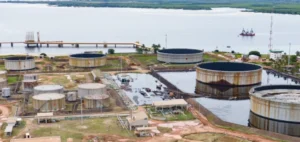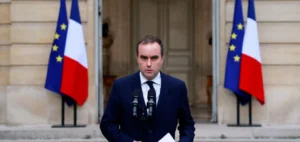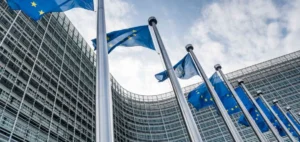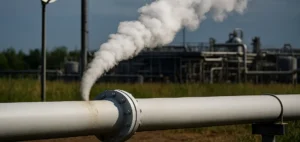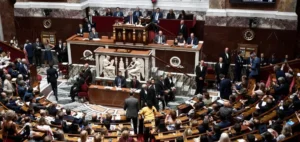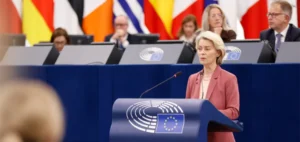The U.S. Department of Energy (DOE) announced the extension of two emergency orders designed to stabilize Puerto Rico’s power grid. These measures, initially adopted in the spring, will now remain in effect until November and are intended to reinforce the island’s electricity generation and transmission capacity. They authorize the Puerto Rico Electric Power Authority (PREPA) to deploy the necessary generation units to address shortfalls and to continue vegetation management activities around high-voltage transmission lines, deemed essential for grid security.
The decision comes as Puerto Rico enters the most critical period of hurricane season, marked by high electricity demand and increased weather-related risks. The DOE stated that extending these emergency orders should ensure the continuity of system stabilization work and help limit service interruptions linked to the fragility of existing infrastructure. According to the U.S. Energy Information Administration (EIA), electricity consumers in Puerto Rico experienced an annual average of 27 hours of outages between 2021 and 2024, compared with about two hours on the U.S. mainland, excluding major events.
Reliability still under pressure
EIA statistics highlight that weather-related events significantly worsen the situation. In 2024, residents of Puerto Rico faced an average of 73 hours without electricity, 43 of which were caused by hurricanes. In 2022, Hurricane Fiona left all 1.5 million electricity customers without power for several days. The frequency of outages has also increased: in 2024, a typical consumer on the island experienced 19 service interruptions, compared with 1.3 interruptions for a mainland customer in 2023.
A vulnerable energy system
The structure of Puerto Rico’s electricity system contributes to this instability. The island relies mainly on ten power units fueled by petroleum, natural gas, or coal, accounting for nearly half of its total installed capacity. An unplanned outage or a disruption in fuel supply is enough to compromise system reliability. With vegetation posing a recurring threat to transmission lines, the DOE has ordered the continuation of clearance work to reduce the risk of additional outages.
These extended measures come against a backdrop of longstanding fragility, marked by decades of underinvestment, PREPA’s accumulated debt, and the impact of successive natural disasters. The EIA will continue to monitor outage duration and frequency, with the final version of its annual electric power industry report scheduled for publication in October. The implementation of these emergency orders raises questions about their effectiveness in addressing systemic risks as the island prepares for the peak of hurricane season.




